Serbia's news outlets describe the upcoming elections as crucial. What makes the elections crucial for Hungarians living in Vojvodina? Would other parties not stand up for Hungarian causes?
That the interests of ethnic Hungarians can only be asserted by an ethnic Hungarian party has become clear in the Carpathian Basin over the past decades. In Serbia, this was the case when the government had a different composition and this has also been evident in the last ten years. For instance, ensuring that a class taught in the Hungarian language could be started with 5 enrolled students in areas with high ethnic Hungarian population is only important for us Hungarians and a Hungarian party.
It is important for us that the children living in these areas grow up as Hungarians.
We have achieved this although regulations would require a minimum of 15 students to start a class. It is only in Serbia that ethnic Hungarians managed to put this into practice. Preserving Hungarian autonomy in the field of information provision and culture is again something that is only important for a Hungarian party. In order to maintain positive relations between Serbs and ethnic Hungarians and not to have massive media coverage of Hungarians being beaten up, like 15 years ago, a strong representation of Hungarian interests is needed. Serbs understand strength, and the measurement unit of strength in politics is the number of votes and seats. There is no alternative to a strong representation of Hungarian interests in the national and regional parliaments.
The current election campaign kicked off practically the day after your father's funeral. Since then, you have been visiting settlements in Vojvodina, making statements to the press, holding public forums and participating in political meetings. What do you draw on?
I was brought up with the idea that work and service to the community come before anything else. That's how my father lived. I'm trying to carry that on as best I can, and the good thing is that it's not a one-man fight. I feel every day that the whole community is behind me.
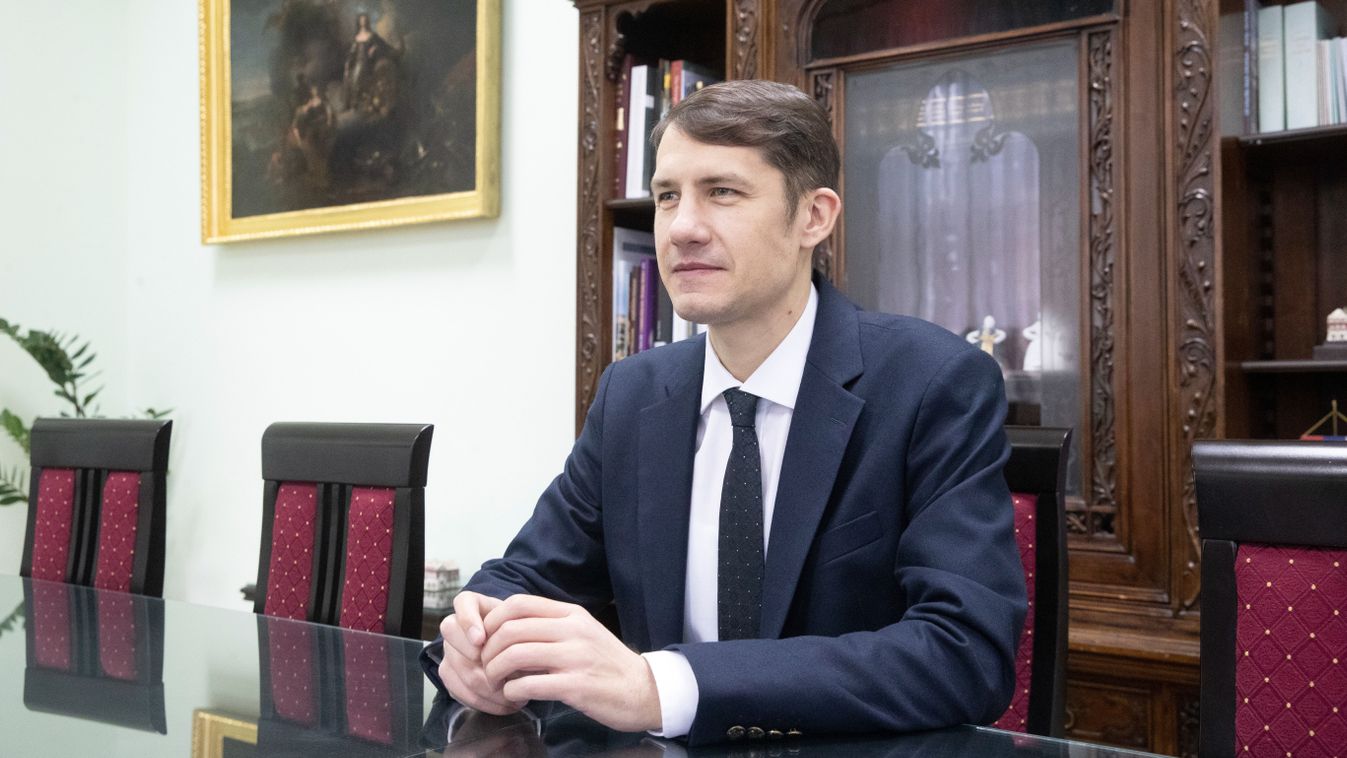
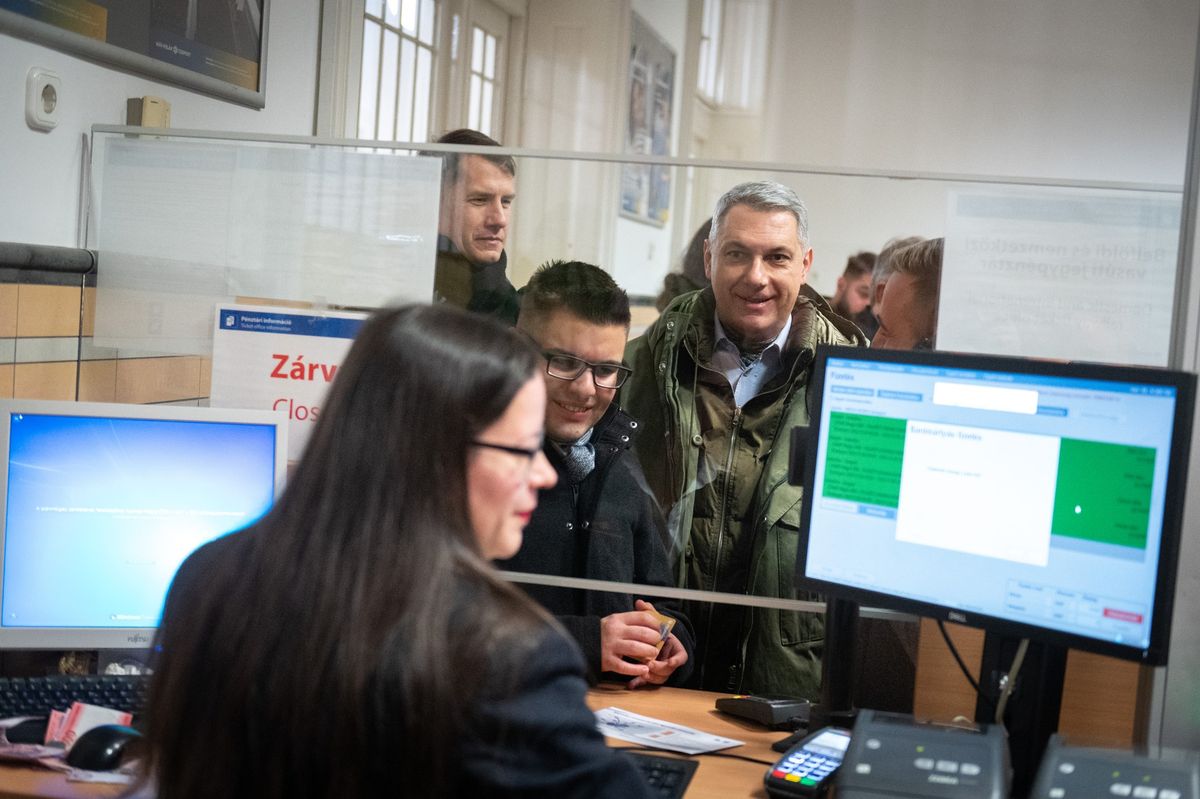
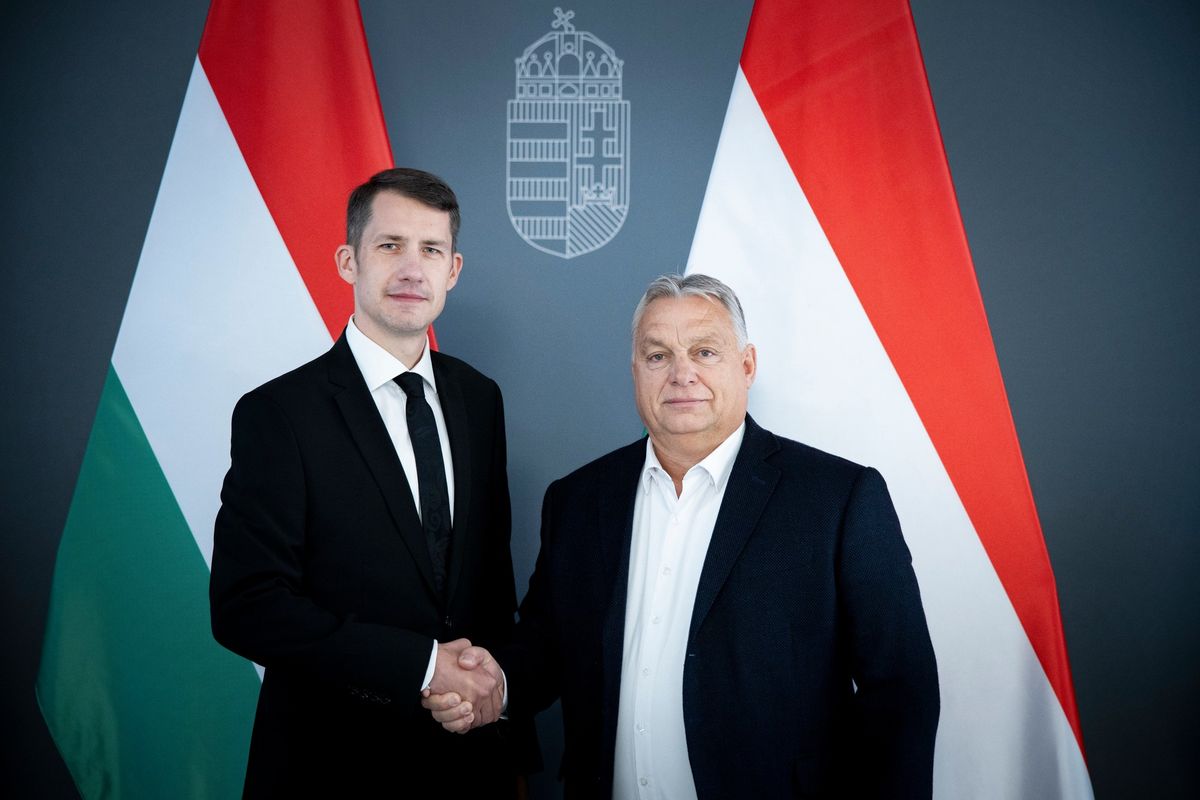
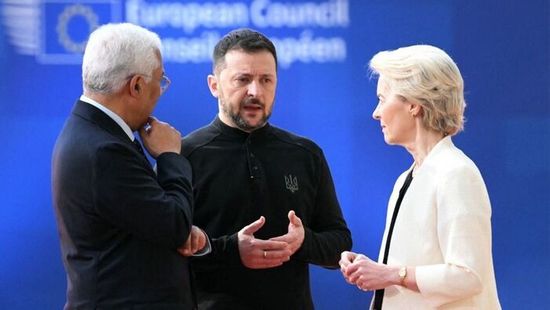
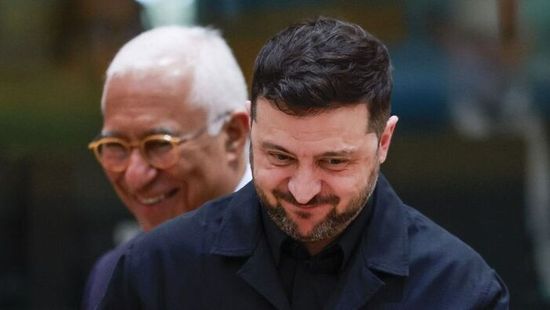
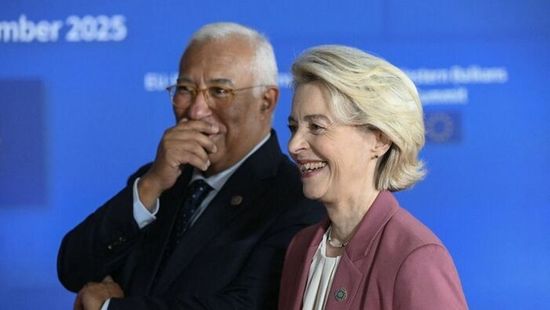
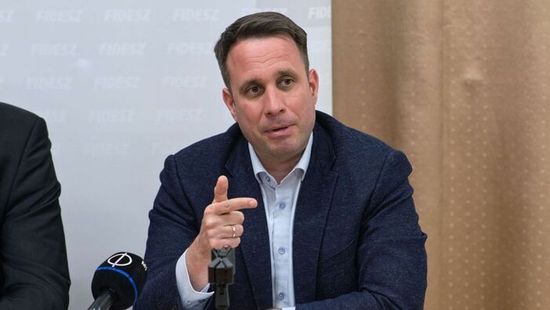

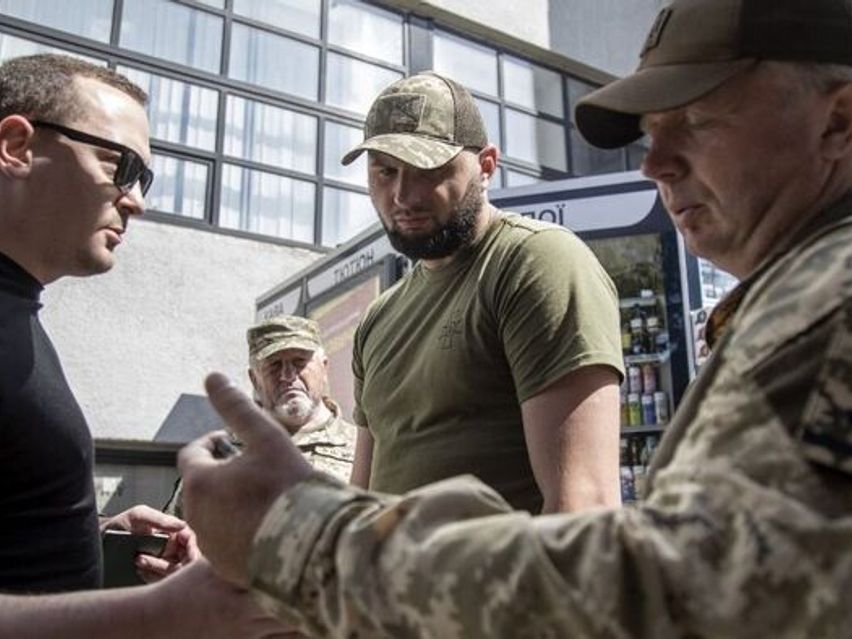
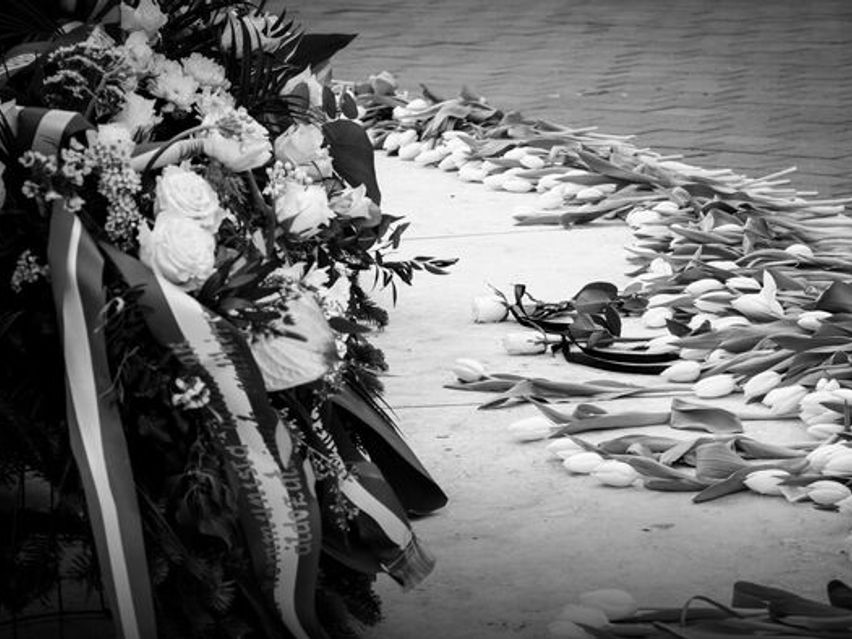
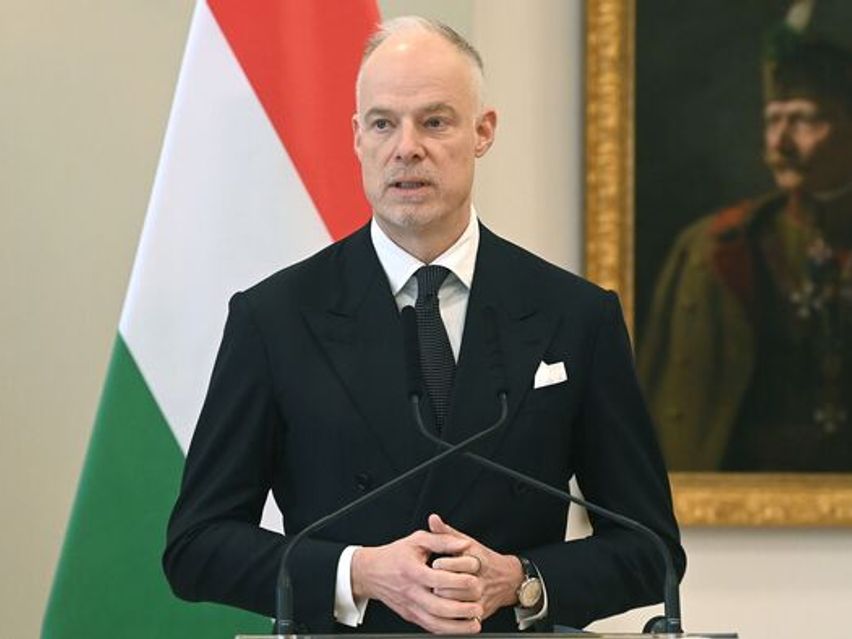
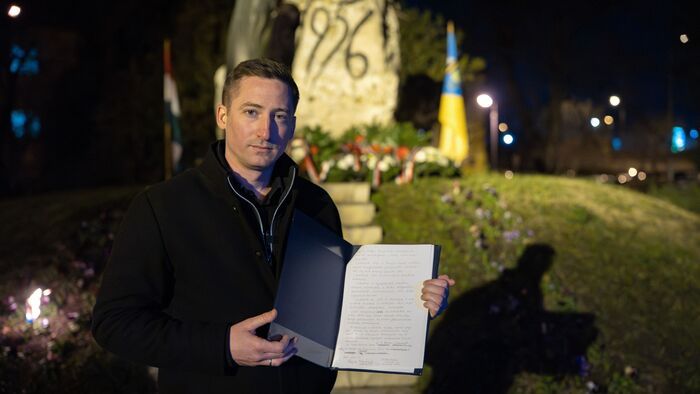

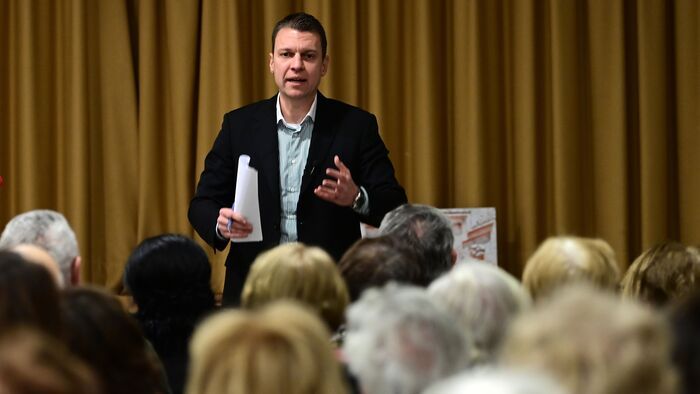
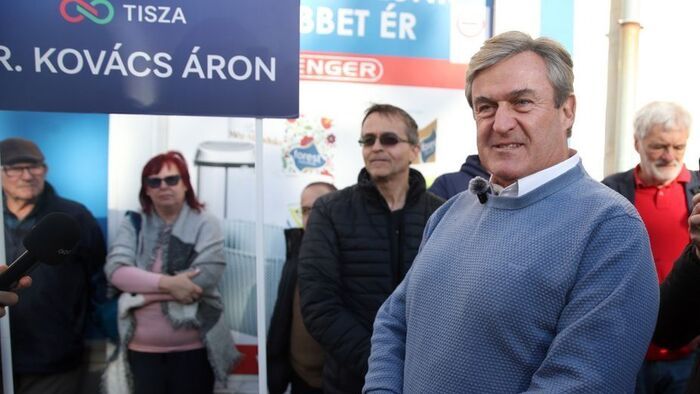
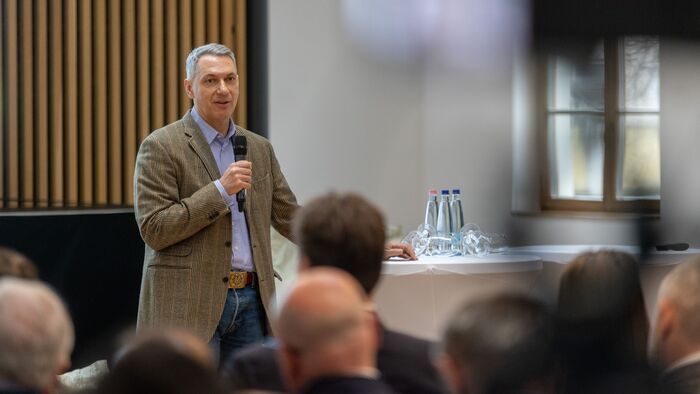
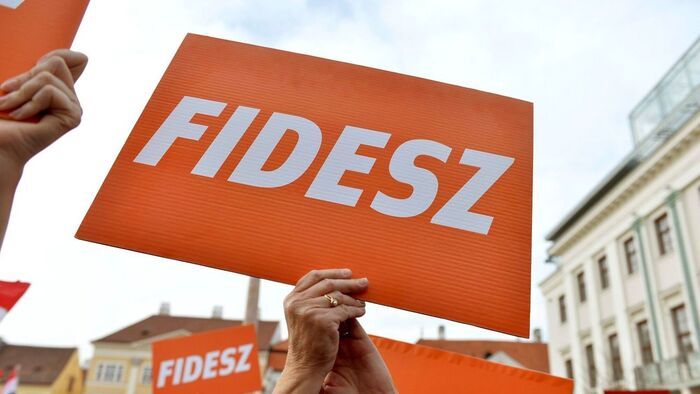
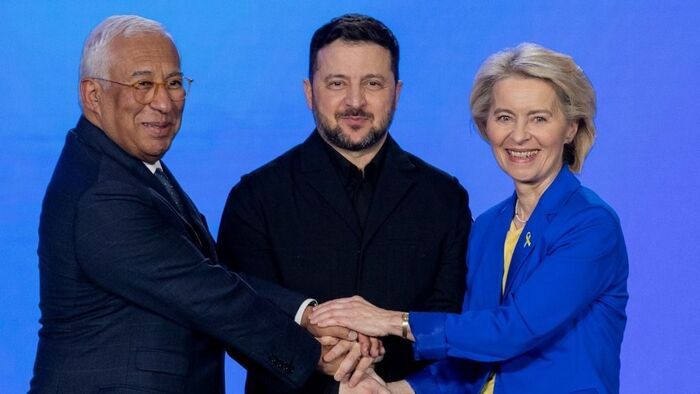
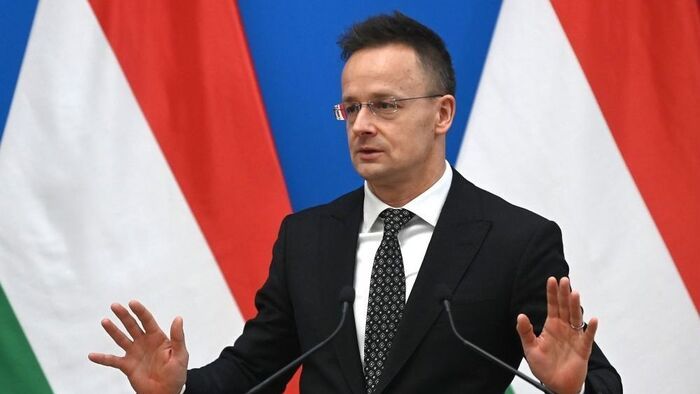
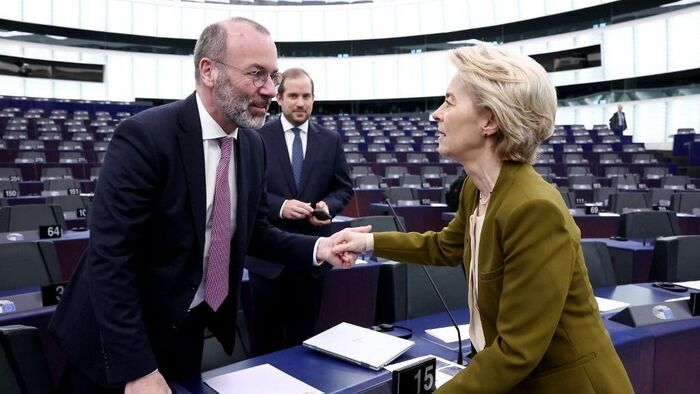


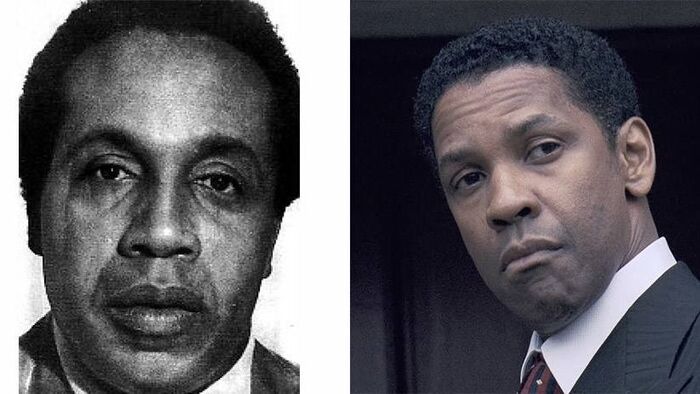
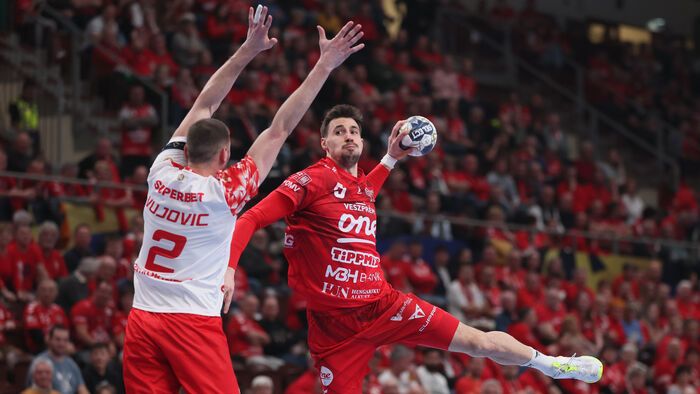

Szóljon hozzá!
Jelenleg csak a hozzászólások egy kis részét látja. Hozzászóláshoz és a további kommentek megtekintéséhez lépjen be, vagy regisztráljon!